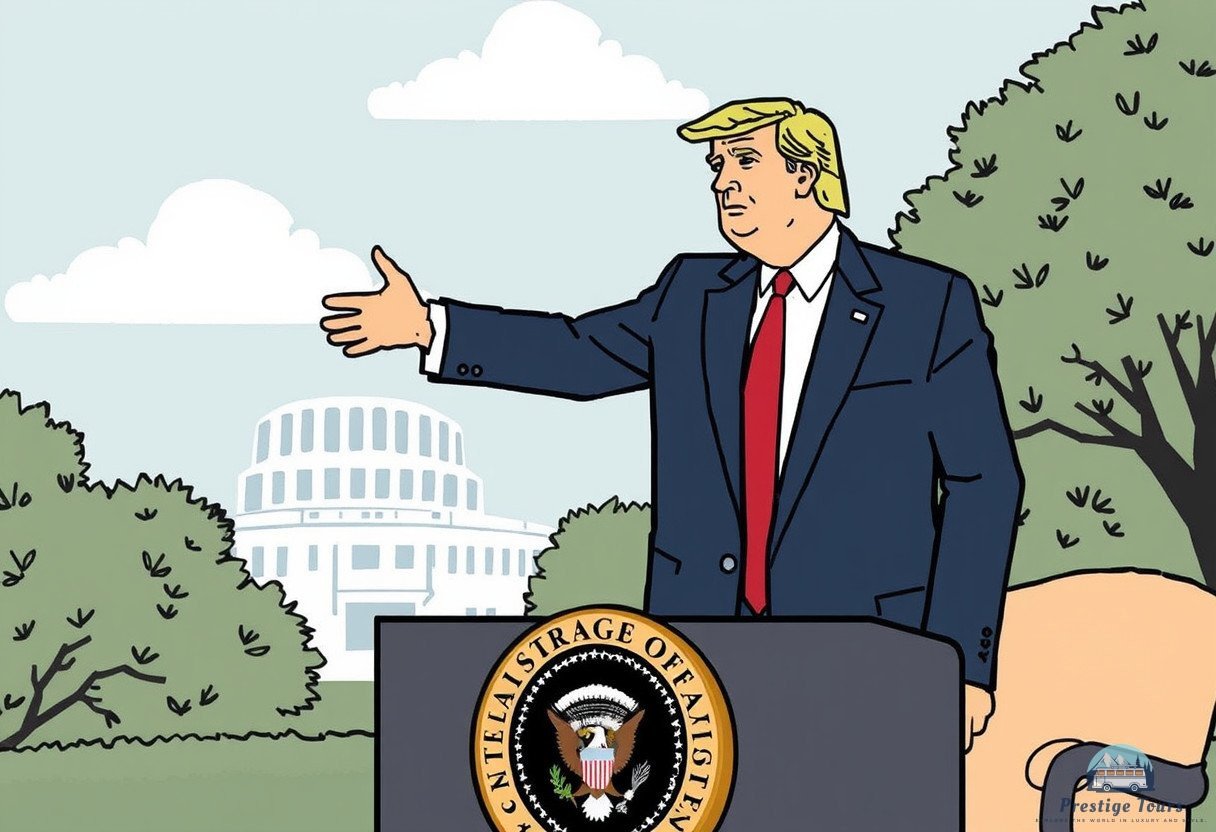Trump and Travel: A Look at Day One Executive Orders
Since taking office, President Donald Trump has already made several important moves that could significantly impact travel and the tourism industry. The ongoing policy changes could have a significant impact on international travel and the economy. In this article, we analyze what Trump’s directives mean for the travel industry.
Visa and immigration restrictions
One of Trump's most talked about orders is the restriction of visas for citizens of certain countries. This order creates additional obstacles for travelers, which may lead to a decrease in the number of tourists. According to statistics presented in a report by the US State Department, tourism has already suffered from delays in the visa process.
- Citizens of countries affected by the decree face extended visa wait times.
- Tour operators could lose significant market share as they become less attractive to overseas customers.
- A decline in tourist arrivals could hit the economy, as recreational and hotel services account for a significant portion of GDP.
Increased sanitary measures
Another important aspect of Trump's orders is the new health measures for travel. In light of the COVID-19 pandemic, these changes apply to both international and domestic flights.

- Requiring COVID-19 testing for all arrivals to the country.
- Recommendations for maintaining social distancing at airports and on board aircraft.
- Increased cleanliness and disinfection of all public places, including vehicles.
These measures are intended to protect the health of citizens and tourists, but they may pose a significant obstacle for those planning to travel in the near future. The Centers for Disease Control and Prevention also supports the new initiatives.
Energy Policy and Its Impact on the Aviation Industry
Trump's energy policies could impact air travel costs. Higher fuel prices and market uncertainty could push up ticket prices and make travel less affordable for some people.
- Reducing subsidies for clean energy sources could increase dependence on coal and oil.
- It could also impact programs aimed at reducing aviation's carbon footprint.
Air carriers and new opportunities
While some areas are undergoing significant changes, the air travel sector is seeing new opportunities. Growing interest in domestic tourism can help offset losses from international flights. This means airlines can explore new routes and offer special fares for domestic travelers.
As a result of these changes and Trump's Day One orders, future developments in travel could be determined by a variety of factors, some of which will be driven by government decisions, while others will allow travel companies to adapt to the new conditions.











